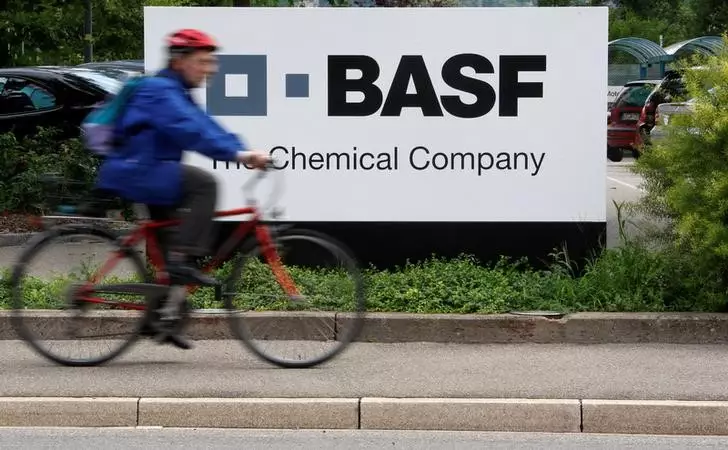BASF, a key player in the global chemical industry, recently unveiled its preliminary earnings projections for 2024, which have sent shockwaves through the investment community. The announcement highlighted a steep decline in expected earnings, primarily due to substantial impairments and restructuring costs that the company has been grappling with. This article examines these financial challenges in depth, dissects the factors contributing to this downturn, and discusses the implications for stakeholders.
According to BASF’s recent statement, the company anticipates a 2024 earnings before interest and taxes (EBIT) of €2 billion. This figure not only starkly contrasts with the analyst consensus of €3.2 billion but also falls short of the previous year’s EBIT of €2.2 billion. The disparity is significant and raises concerns regarding BASF’s operational efficiency and strategic direction. Analysts had predicted a more optimistic outlook, leading to a potential reevaluation of investment positions in the company following this disappointing update.
The principal driving forces behind BASF’s financial downturn are a series of non-cash impairments, particularly concerning its battery materials segment under Surface Technologies, which bore the brunt of the declines. The special items related to impairments totaled about €1.9 billion, indicating serious underlying issues the company faces as it adjusts to rapidly changing market conditions. Alongside these impairments, BASF is undergoing extensive restructuring across all its segments, suggesting that management recognizes the need to recalibrate its operations to enhance competitiveness.
Despite the challenges, it is noteworthy that BASF has reported increased volumes in its core businesses, which, coupled with a partial recovery in sales prices, indicates some level of resilience. However, these positive developments have not been enough to counteract the drag created by the Chemical segment—particularly evident during the fourth quarter of 2024. Moreover, the Agricultural Solutions division has emerged as a bright spot, managing to boost its contribution when compared to the previous year, thus hinting at potential areas of growth amidst broader struggles.
BASF’s projected sales for 2024 are anticipated to decline to €65.3 billion from €68.9 billion in 2023. This decrease is primarily attributed to plummeting prices and adverse currency fluctuations, even as volumes show a slight upward movement. The market sentiment remains cautious, and stakeholders are left wondering whether BASF can pivot effectively in a landscape marked by volatility and competition.
Although BASF expects to generate a free cash flow of €0.7 billion—surpassing both analyst estimates and its own predictions—this still represents a significant drop from €2.7 billion in the prior year. The uncertainty surrounding net income for 2024 further complicates BASF’s financial picture, particularly as the company awaits contributions from at-equity participation. The statement from management suggests a clear acknowledgment that achieving the analyst consensus of €2.2 billion will be challenging, although they anticipate a marked improvement over the net income of €225 million recorded in 2023.
As BASF navigates a turbulent financial landscape dominated by strategic restructurings and non-cash impairments, stakeholders must remain vigilant and realistic about the company’s capacity to recover and thrive in the years ahead. The next steps will be crucial in determining whether BASF can transform its current adversities into a platform for future growth.

